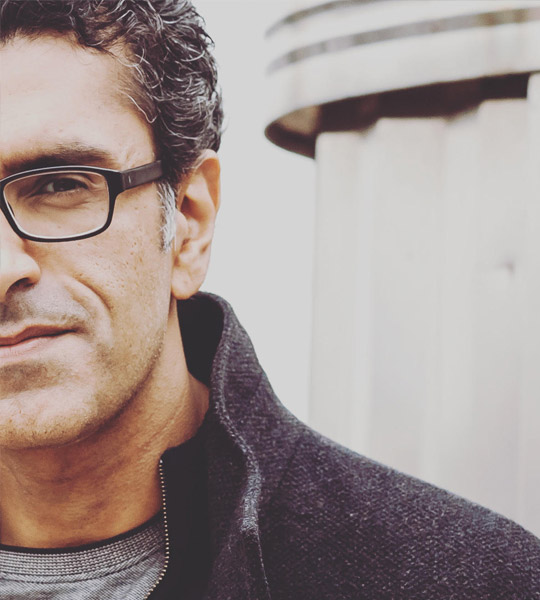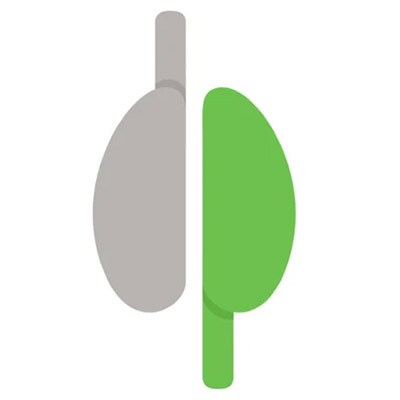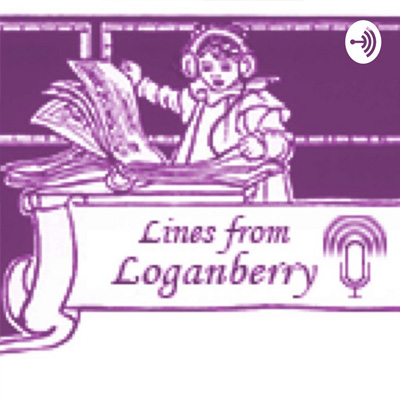
How do we live when our pain does not dissipate? Is the heart a vector, or is it woven by swift hands on the night before we are born? Have you ever loved someone so deeply that you changed species to become a flower?
Reading Ankur Kalra’s Ibadah, poems of love, desire, loss and passion, new and stirring questions about the soul’s journey as a beloved arise, perhaps, in the reader’s being. That these poems are written by an interventional cardiologist, someone who has touched what for so many of us is a vocabulary, a set of sensations, brings another dimension to the insights developed here.
Who are we when we are not alone? Who are we when we are not with each other? I am honored to write in support of this mystical and visceral book.
Faculty of English, University of Cambridge, United Kingdom

Dr. Ankur Kalra is an interventional cardiologist. As such, he literally holds the destiny of his patients - in terms of life or death - in his hands on a daily basis. And he has used these experiences as the basis for a book of poetry, Ibadah, that explores meaning, the role of servitude, love, and loss.

The Times asked readers who work in healthcare to share the art they made during the pandemic, and we received more than 50 submissions. From painting to dance to writing to toast art, healthcare workers’ creativity reflects how they process working on the frontlines of the pandemic.

Local Voices manager Miesha Headen interviews Dr. Ankur Kalra about his poems, which bridge feelings of heartache, loss, and beguilement to the concepts of reincarnation and transcending finite pain in order to grow.

Dr. Kalra joins Tracey Dispensa and Lauren Roth to talk about his advice for medical school, how he got to where he is, his new poetry collection, and much more.
